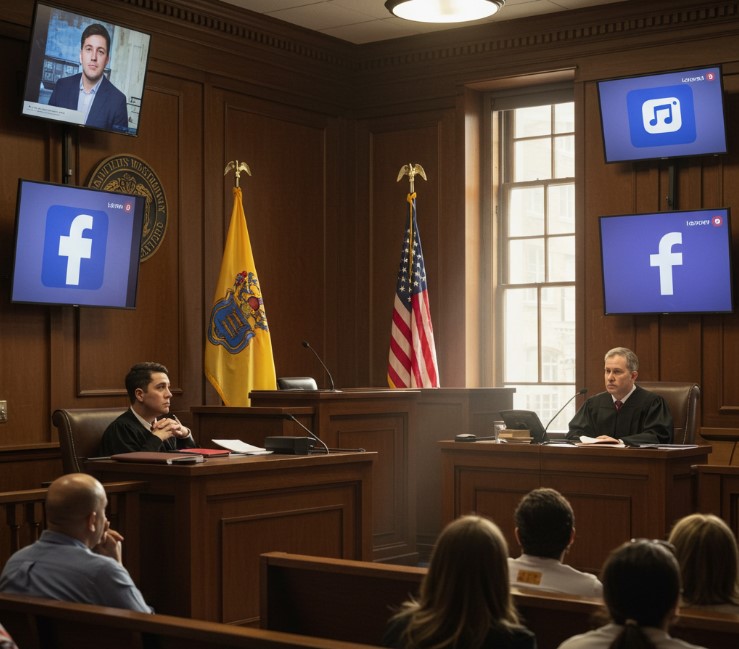On October 17, 2018 the Appellate Division decided Flanzman v. Jenny Craig. With its opinion in Flanzman the Appellate Division has continued the recent trend in New Jersey Courts of invalidating arbitration agreements. The Plaintiff had been employed by Jenney Craig for 26 years. At some time during her employment she was required to sign an arbitration agreement. The arbitration agreement required all disputes between the parties to be resolved by final and binding arbitration in lieu of a jury or other civil trial. The Plaintiff, after her termination, sued Jenny Craig for violating New Jersey’s Law Against Discrimination. In response to the law suit Jenny Craig moved to dismiss the lawsuit and enforce the arbitration clause. Plaintiff contended that the arbitration clause was not valid because it had no reference whatsoever regarding the process for selecting an arbitration forum such as the American Arbitration Association and that the absence of a selection of an arbitration forum meant that there was not meaning of the minds or mutual assent required to form a contract.
The United States Supreme Court in Kindred Nursing Ctrs. Ltd. P’ship v. Clark held that arbitration agreements are placed on equal footing with contracts and a state may not treat arbitration agreements different from any other contract. The court held that an arbitration agreement could be invalidated “upon such grounds as exist at law or in equity for the revocation of any contract.” Indeed the New Jersey Supreme Court requires that there be a clear mutual understanding of the ramification of each party’s assent to an arbitration agreement. In the agreement which Plaintiff’s sought to invalidate there was a complete failure to identify the process for selecting an arbitration forum or otherwise identifying a general method for selecting such an arbitration forum. The Court held that without any forum for the arbitration, the parties would be unaware about the rules and procedures to which they were agreeing in the arbitration clause.
In Flanzman the Court held that by failing to identify the general process for selecting an arbitration mechanism it deprived both the Plaintiff and the Defendant from knowing what rights replaced their right to a judicial adjudication. In concluding that there was insufficient information to provide the parties with some idea of what rights they were giving up, and what rules and procedures were replacing a jury trial, the Court held that there was not the mutual assent required for the basic formation of a contract and thus the arbitration agreement was invalid. The Court went on to say that there is not “magic language” that the parties were required to use in an arbitration agreement. There simply had to be sufficient information about that type of arbitration and the arbitration forum rules contained in the agreement to allow the parties to ascertain what rights they were waiving and what rights were replacing those waived rights.
Once again, the Courts in New Jersey have closely and painstakingly interpreted each particular provision of an arbitration agreement and imposed the obligation on the drafter of the agreement to clearly indicate what the parties are actually agreeing to in the arbitration agreement. Careful drafting and review of these provisions is essential when companies seek to bind employees to an arbitration agreement.
______________________________________________________________
Jim Paone is chair of the Business Law and Litigation Department. He is an experienced litigator with extensive state and federal court experience and has been designated by the New Jersey Supreme Court as a Certified Civil Trial Attorney. He is a frequent speaker on Civil and Trial Practice matters.
Jim’s practice concentrates on commercial, corporate, construction and general liability matters. His wide client base ranges from local closely held businesses to Fortune 100 clients.













